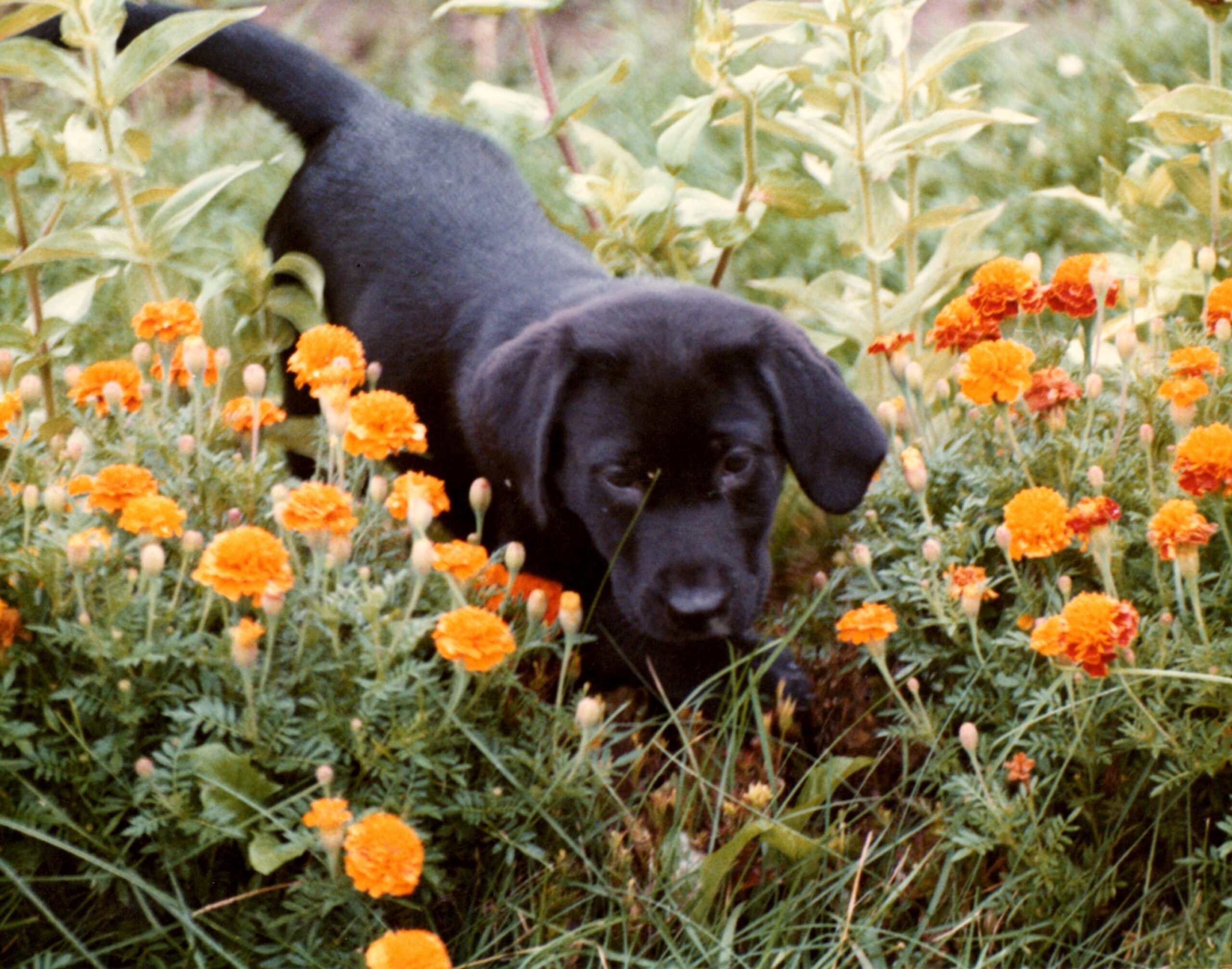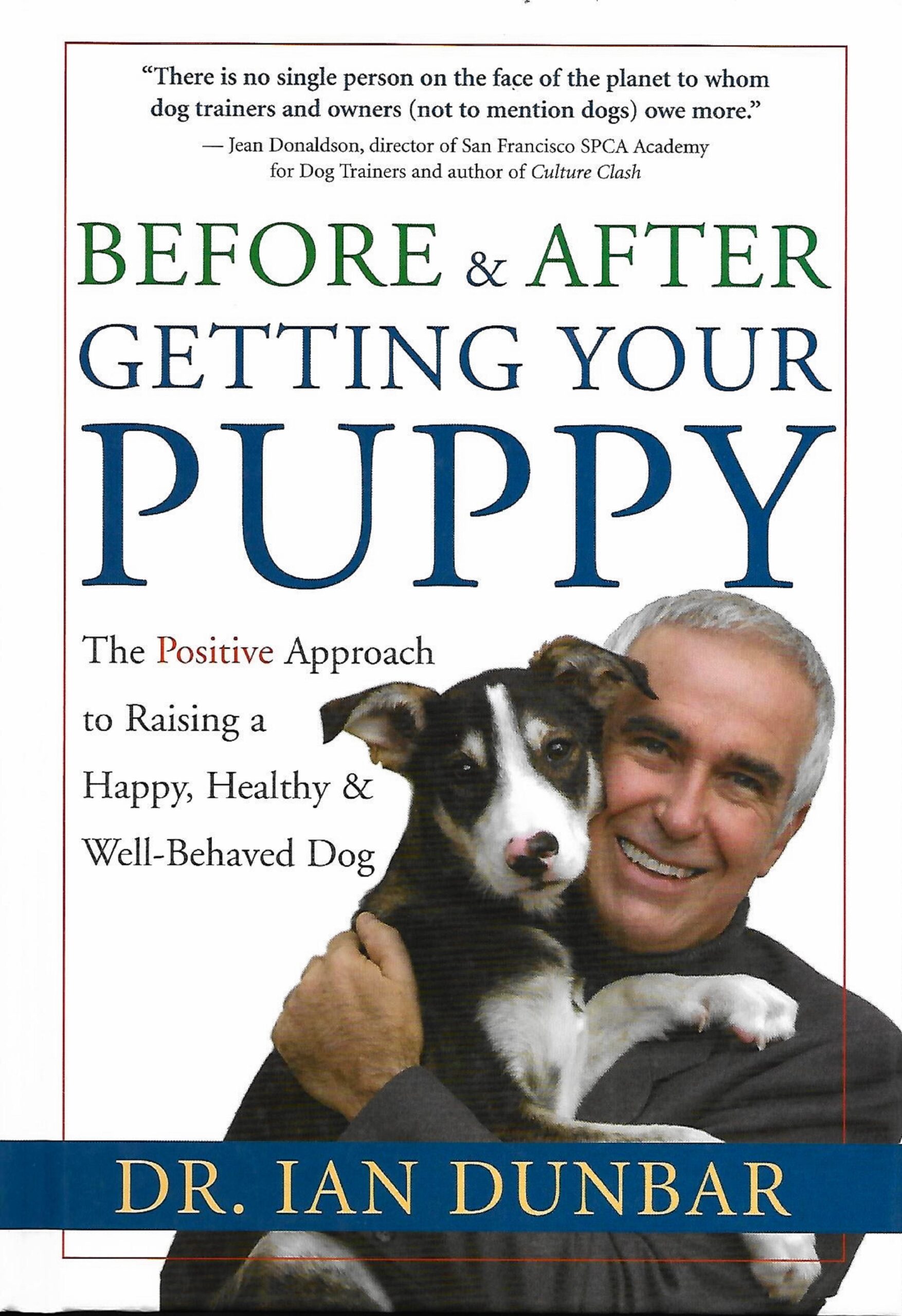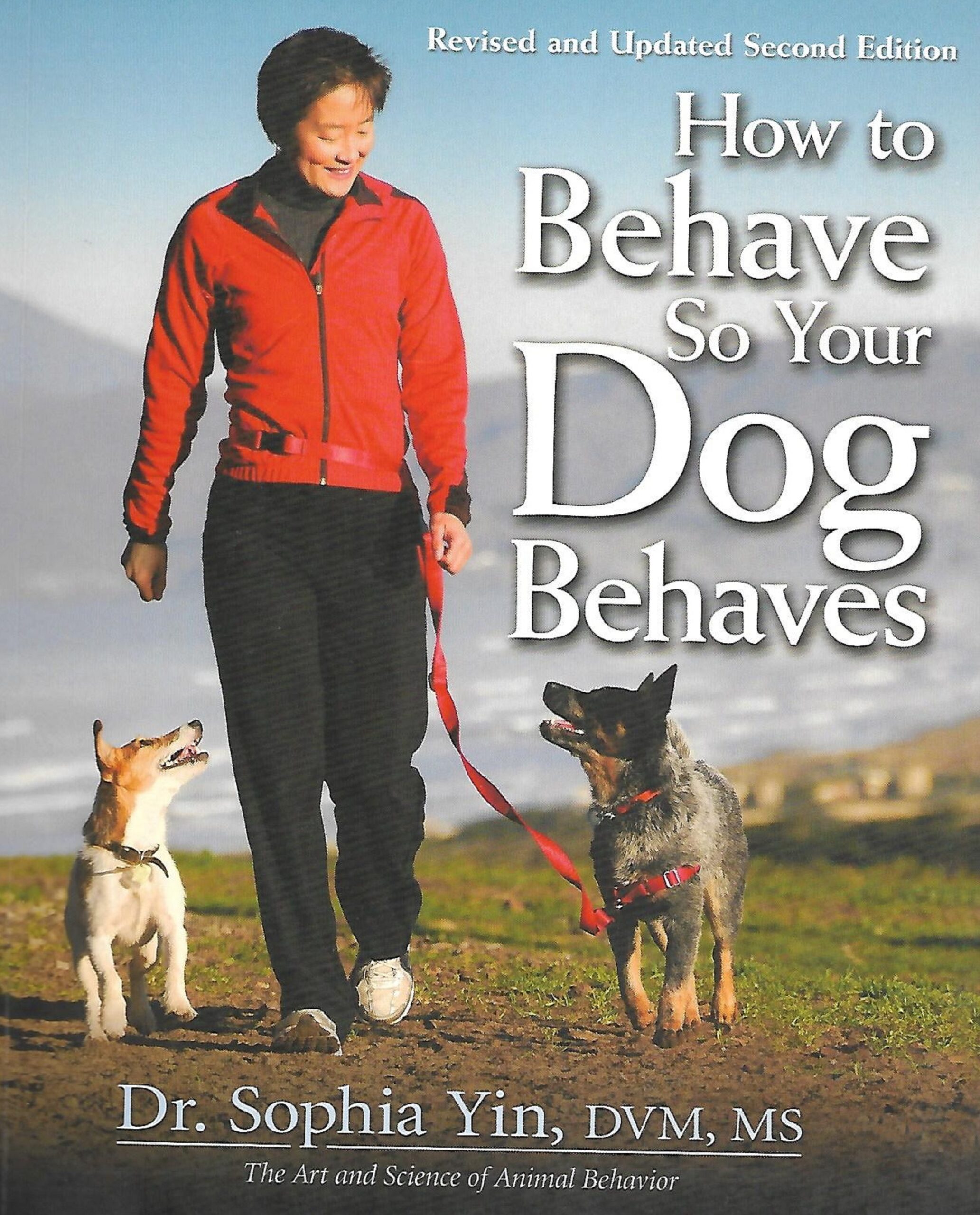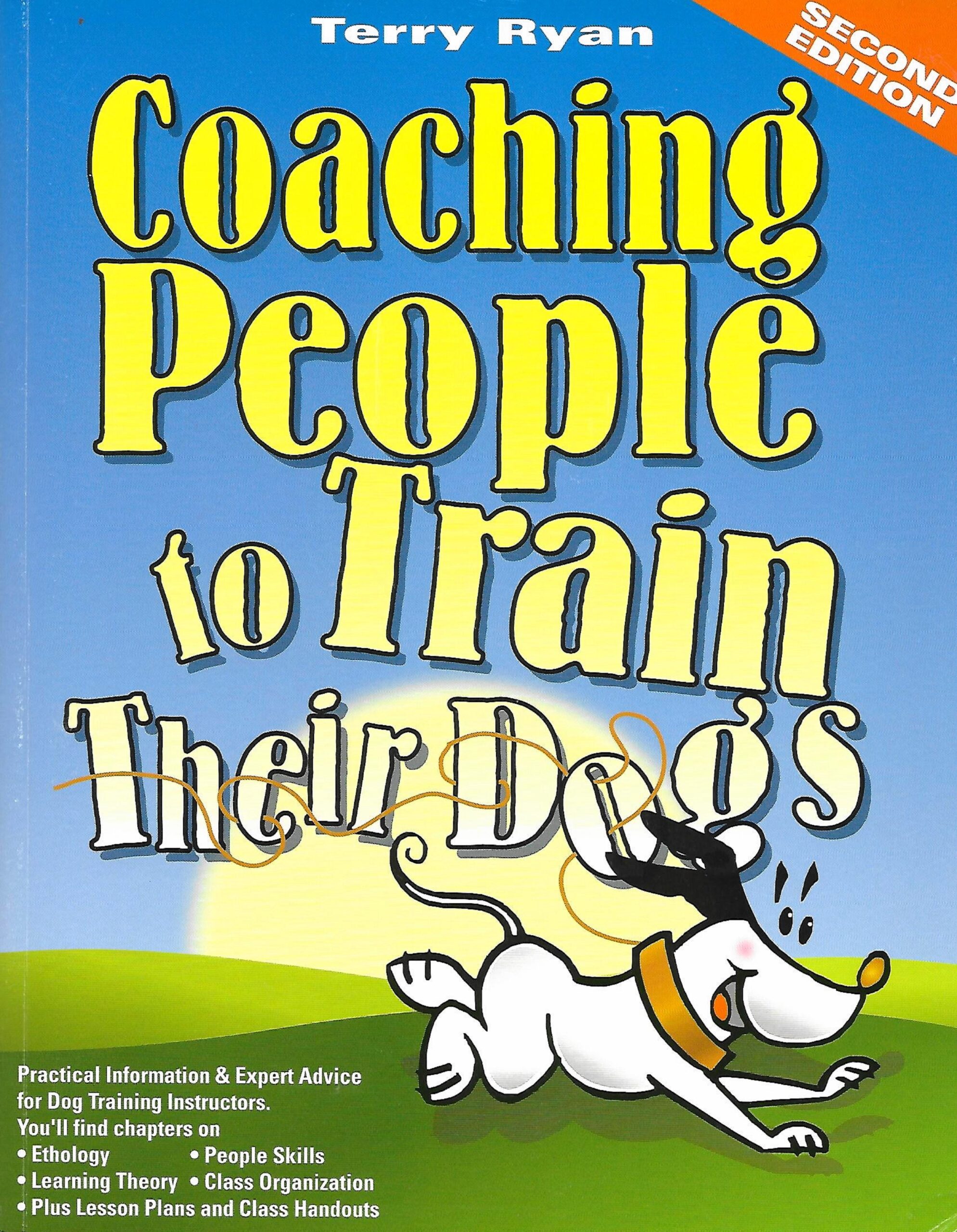Barks Blog
Reading List for Dog Owners

Photo: Daniel H. Antolec
When I got my first dog in 1983 I knew nothing about living with dogs, so naturally I got a puppy. Needless to say I knew even less about raising a puppy. Samantha relied upon me to teach her, and I relied upon the only source available at the time: a book.
If there were local dog trainers or puppy classes in particular I was unaware of them. There was no internet to search nor a Pet Professional Guild to inform me. I bought the best selling dog training book of the day and stumbled through each chapter.
The author recommended only aversive methods, and I tried them all. Poor Samantha must have thought I was unpredictable. I sometimes treated her nicely and at other times gave her a hard stare, or the infamous scruff shake and alpha roll while yelling at her like a lunatic.
Those methods did not help either of us, I felt awful using them and it would probably have ruined my relationship with Samantha if I had persisted. I knew nothing about training, but I knew enough to put the book away and stop scaring my puppy.
Samantha grew into a great family pet in spite of me, and my next four dogs benefitted by my growing interest in learning, from a wide variety of sources.
Fast forward to 2018 and the age of ample local dog trainers, internet search engines and professional organizations such as PPG to help pet owners.
But where do pet owners get their information?
Zazie Todd, Ph.D. wrote “Where Do People Get Information About Dog Training?” and discussed a survey (Pirrone et al, 2015) in which pet owners answered that question.
A whopping 55% of respondents gave the answer “myself” and when that data was broken down further it revealed 13% got information “instinctively” and 42% found information on the internet or from a book.
I would have thought that most folks would ask a friend who trained their own dog, but only 0.5% had done so.
I have written a short list from my library of 60 or more books on training and behavior, which I hope will be most helpful to the do-it-yourself dog trainer.
 For those adventurous souls who want to raise a puppy, two good choices come to mind. “The Puppy Primer” by Patricia B. McConnell and Brenda Scidmore and “Before and After Getting Your Puppy” by Dr. Ian Dunbar.
For those adventurous souls who want to raise a puppy, two good choices come to mind. “The Puppy Primer” by Patricia B. McConnell and Brenda Scidmore and “Before and After Getting Your Puppy” by Dr. Ian Dunbar.
I found Dr. Dunbar’s book more comprehensive as it prepared people prior to getting their puppy, as well as caring for a puppy after bring it home, and he offers free resources on his website, including classes on training and behavior.
His book chapters include:
- What’s Important to Know Right Away
- The Development Deadlines
- Your Doggy Education
- Evaluating Puppy’s Progress
- Errorless House Training and Chew-Toy Training
- Socialization With People
- Learning Bite Inhibition
- The World at Large
- Puppy Priorities
- Homework Schedules
- Books and Videos
 If my aging memory cells have not betrayed me, I remember first reading “How to Behave So Your Dog Behaves” (second edition) by the late, great Dr. Sophia Yin, DVM, MS. The writing style is friendly and approachable and the content is easy to digest. I especially appreciate the approach of informing owners and trainers alike how our own behavior affects canine behavior.
If my aging memory cells have not betrayed me, I remember first reading “How to Behave So Your Dog Behaves” (second edition) by the late, great Dr. Sophia Yin, DVM, MS. The writing style is friendly and approachable and the content is easy to digest. I especially appreciate the approach of informing owners and trainers alike how our own behavior affects canine behavior.
Chapters include:
- Understanding Dogs
- The Science of Learning
- Five-Minute Guide to Basic Good Dog Behavior
- Five-Minute Guide to Solving Common Canine Problems
And for those who want to dive into the deep end of the pool of knowledge I heartily recommend “Coaching People to Training Their Dogs” by Terry Ryan.
 This is a comprehensive 406 page guide designed to take dog savvy owners and trainers alike into the next level of expertise. For pet stewards seeking higher level skills or have set their eyes on dog-human sports this is a treasure trove for developing knowledge and ability.
This is a comprehensive 406 page guide designed to take dog savvy owners and trainers alike into the next level of expertise. For pet stewards seeking higher level skills or have set their eyes on dog-human sports this is a treasure trove for developing knowledge and ability.
When I first began studying for professional certification this was the last book in my bloated library which I studied, and I regretted that it had not been the first. It is geared toward trainers but then each of us who lives with animals is a trainer, for we are always reinforcing one behavior or another.
I think it is wiser to understand what we are doing so our pets can do better, and so I recommend this to one and all alike.
Chapters include:
- Overview
- Ethology
- The Science of Learning
- Husbandry
- The Business
- People Skills
- Class Organization
- A Toolbox for Remodeling Problem Behavior
This is not a definitive list, mind you, but it is a list of books that I found most helpful. If you have your own favorites please feel free to comment on this blog.
